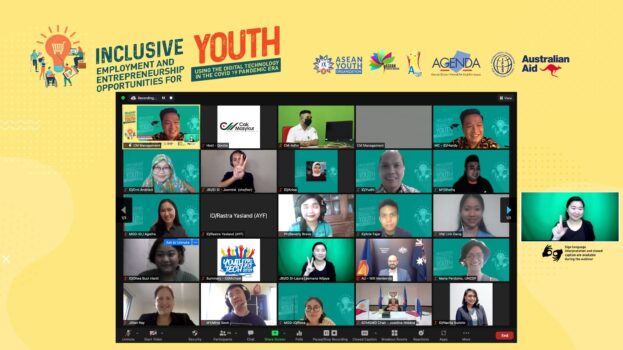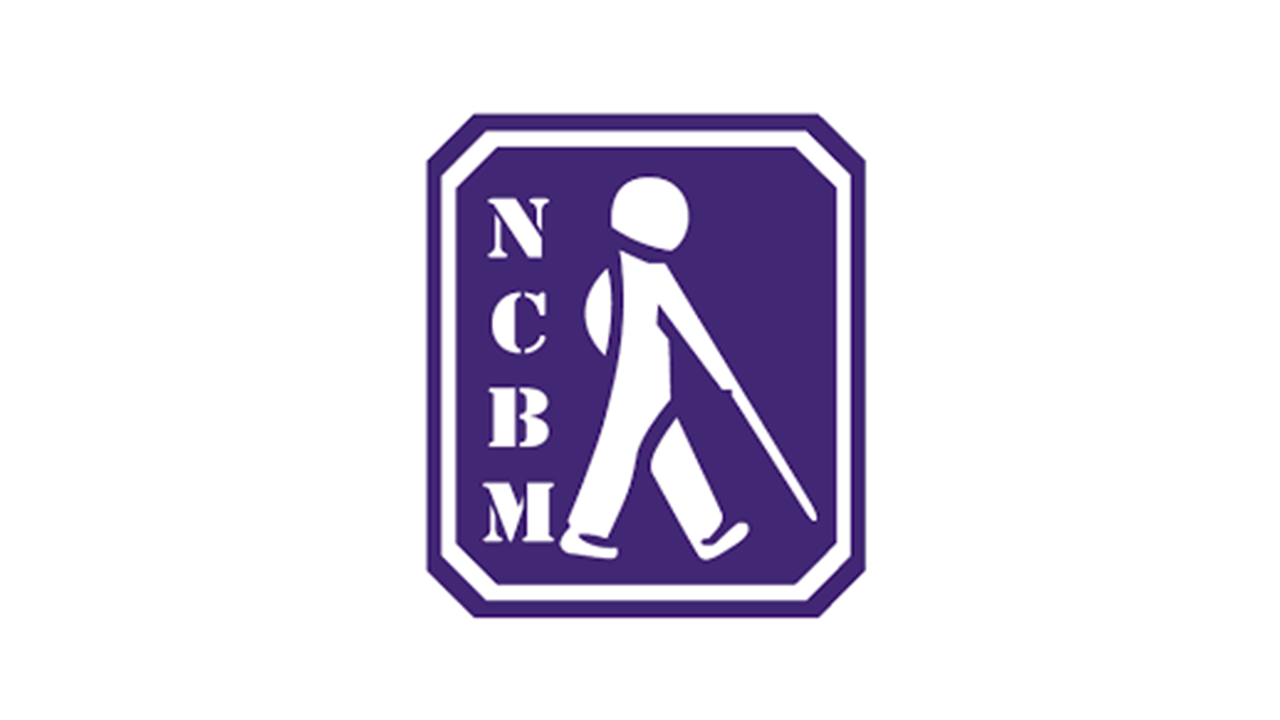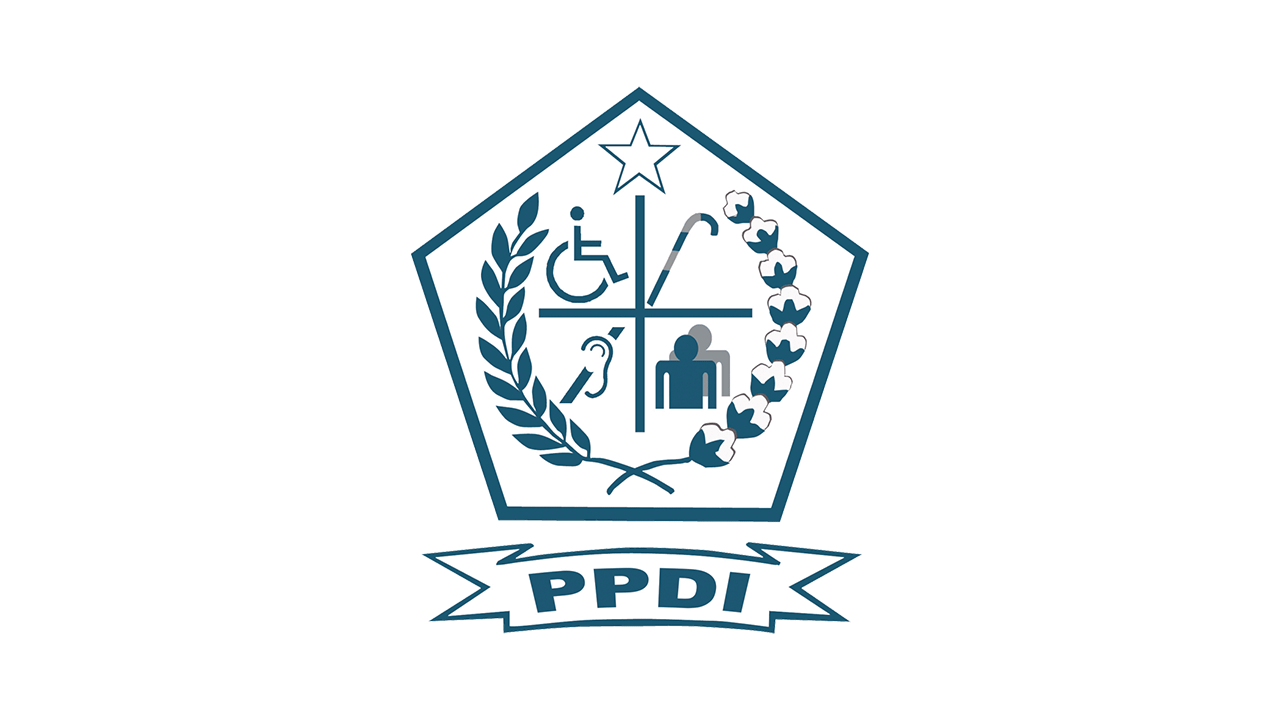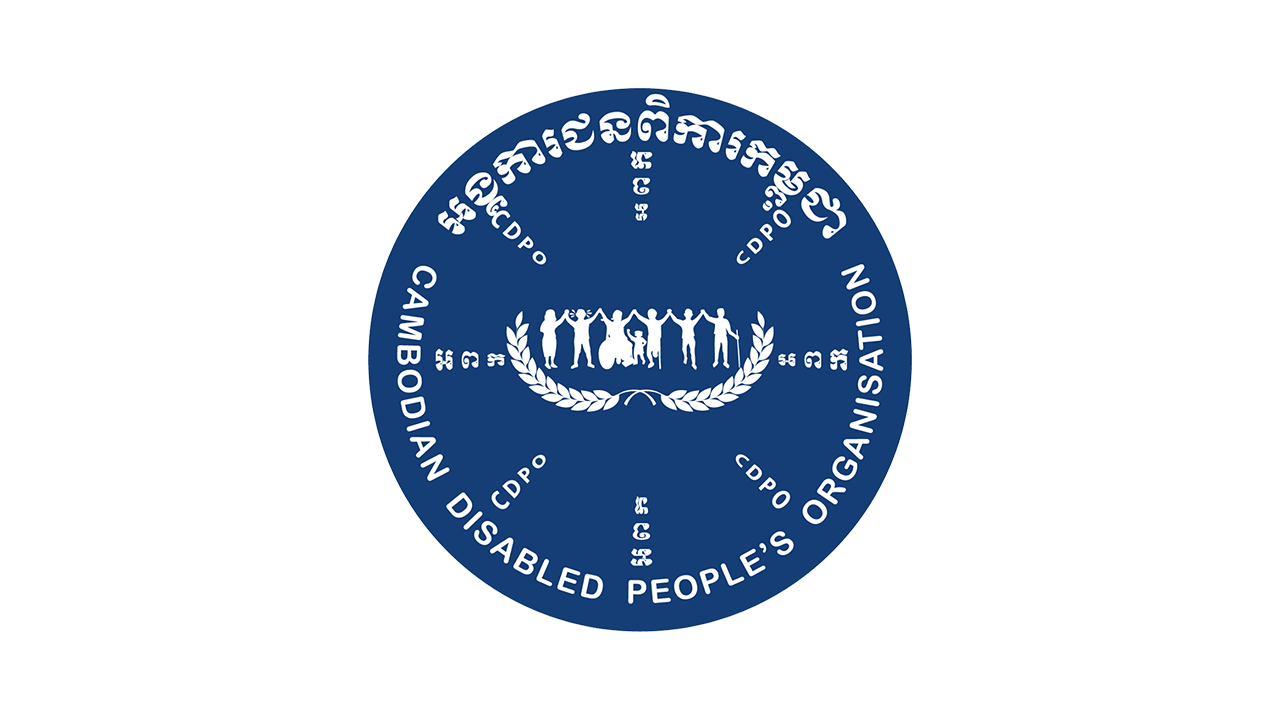On September 2, AGENDA, ASEAN Disability Forum (ADF), ASEAN Youth Organization (AYO) and ASEAN Youth Forum (AYF) jointly organized a virtual “Public Dialogue on Advancing Employment and Entrepreneurship Opportunities for Youth Using Digital Technology in the COVID-19 Pandemic Era.” Before the public dialogue, a preparation meeting was held on August 21 and a focus group discussion was held on August 22 where youth with and without disabilities from 10 ASEAN countries gathered to formulate recommendations on how to advance employment and entrepreneurship opportunities for all youth through the utilization of digital technology. The recommendations were then circled to youth networks across ASEAN to gather endorsement signatures before being presented to government officials during the public dialogue.
In his welcoming remarks, the Australian Ambassador to ASEAN H.E. Will Nankervis emphasized the Australian government’s commitment to gender equality, disability and social inclusion in the region. He stated that the Australian government is proud of its partners’ ongoing work with ASEAN to implement the ASEAN Enabling Masterplan 2025 (Enabling Masterplan) and expects that the dialogue will further expand work with young partners to inform policy and planning related to COVID-19 response and recovery. Following the welcoming remarks, four ASEAN youth representing Indonesia, Malaysia, the Philippines and Vietnam read 31 youth recommendations focused on creating inclusive policies and regulations, increasing digital platform accessibility, developing skill enhancements, raising awareness, and pushing for cross-development collaboration.
The dialogue was divided into two sessions. The first session was a panel discussion on “ASEAN Recovery Plans for Youth Employment and Entrepreneurship Using Digital Technology.” In this session, a representative from the Senior Labor Officials Meeting (SLOM) Indonesia, Mr. Muhammad Arif Hidayat, said the pandemic has reduced hours for young workers resulting in lower-income jobs and job losses. This has also limited the participation of young people in vocational training and exacerbated the challenge of transitioning into the workforce upon graduating from school or between jobs. To elaborate, the lack of consistent economic opportunities for youth due to the pandemic has limited youth job mobility and created gaps within their employment. The Senior Officials Meeting on Youth (SOMY) Chair, Mr. Somkiao Kingsada, announced that SOMY has placed young people, particularly those with disabilities, as its priority as they are hardest hit by the pandemic. For example, Mr. Kingsada shared Laos’ National Strategy for youth, which is similar to ASEAN’s Workplan on Youth, which prioritizes opportunities such as providing accessible IT rooms for youth with disabilities to use for study or work. Next, the Senior Officials Meeting on Social Welfare and Development (SOMSWD) Chair Ms. Joseline P. Niwane stated that SOMSWD fully supports ASEAN’s youth recommendations and plans to revisit its existing policies and determine areas that need to be strengthened for more effective operationalization. She encouraged other relevant sectoral bodies to continue to hold dialogues on the role of youth with and without disabilities to discuss and develop resolutions to challenges intensified by COVID-19. In the second session on financial inclusion, the Regional Coordinator and Regional Digital Hub Manager for Asia of the United Nations Capital Development Fund (UNCDF), Ms. Maria Perdomo, and the co-CEO of ThinkWeb, Mr. Ramya Prajna S, emphasized the importance of inclusive digital technology to ensure the financial system is accessible for all. UNCDF Asia announced that they are interested in supporting regional investments in shared infrastructure to facilitate digital financial solutions that aim to lower transactional costs for youth. This would ideally create digital systems that will empower customers.










